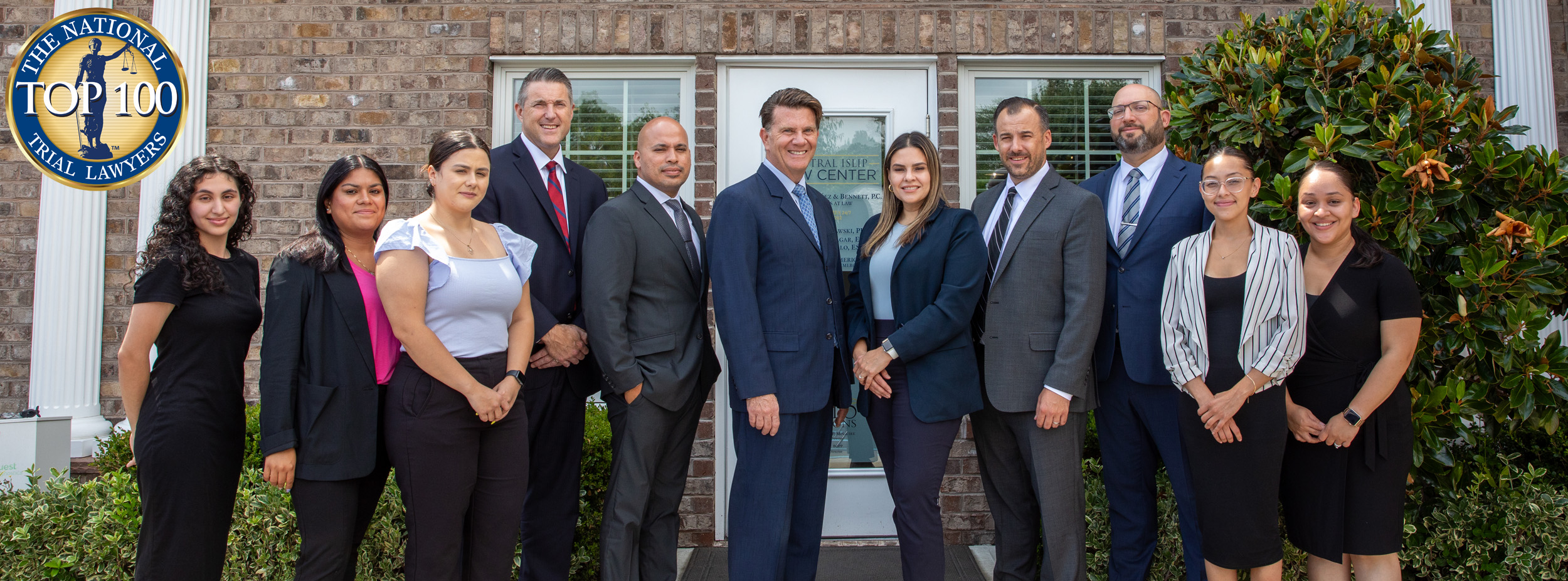Divorce and custody proceedings can be a difficult processes to endure and oftentimes, they place great strain on the child(ren) involved. What makes this process even more difficult is when one parent is a substance abuser. The abuse of drugs or alcohol can significantly affect a person’s ability to function during everyday activities and may pose a dangerous risk to that person’s child(ren) if left in his or her care. As the other parent involved in this marriage or divorce with a substance abuser, there are certain legal options available to obtain custody and ensure that your children are kept safe.
File a complaint in family court.
Once called before a judge, you will be given the opportunity to present your case against the offending parent. In this beginning stage, it is important to prepare documented incidents during which your current or former spouse caused a direct threat to the child(ren), especially as a result of substance abuse. This may be in the form of photos of injuries, doctor’s notes, witness testimony, or other logs in which you may have kept detailed notes regarding an incident.
If you can provide reasonable evidence that your (ex-)spouse’s parenting abilities are negatively affected by the substance abuse and he or she creates a threat to the children’s safety and well-being as a result, the judge may decide to adjust visitation agreements. In some cases, the judge may even restrict the offending parent’s contact with the child(ren) entirely, depending on the severity and validity of the complaints.
If a parent is found to be a threat to the child(ren), a judge may award sole custody to the non-offending parent or a trusted family member if a non-offending parent is not present. The judge may allow the offending parent supervised visits, so long as he or she has not been accused of physical abuse against the spouse or children. After an initial custody arrangement has been established, the judge may choose to revisit the case down the line and reconsider the arrangement should the parent take corrective measures and enter a treatment program to control his or her substance abuse.
Request an Order of Protection
If you feel there is still a valid reason to restrict visitation such as potential harm to the child(ren) involved, the judge may rule in favor of a full stay-away order of protection against the former spouse until they can prove their parental abilities are up to court standards. An order of protection will prohibit the abusing parent from contacting you or the children. If the order is violated, the parent may be arrested and face criminal charges.
If you or a loved one is currently married to a substance abuser and you are concerned for the well-being of the child(ren) following a divorce, it is crucial to seek help. While there are some steps you can take on your own, it is recommended that you contact an attorney. The experienced family law attorneys at McGuire, Peláez & Bennett have successfully handled custody cases and will guide you through the legal process of seeking custodial rights. For more information or to schedule a consultation, call our Long Island firm at 631-348-1702 or fill out our contact form.



